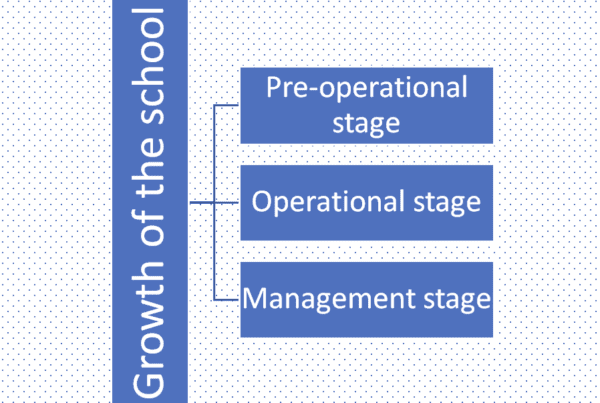Having a social network, especially during these social distancing times, is incredibly important and has been shown to have a positive effect on mental health and well-being. It allows students to connect with like-minded peers, breaking limitations of distance and time. This can be particularly valuable for minority youth, who may have difficulty finding others like themselves.
Learning opportunities
In addition to the benefits of classroom learning social media provides through sites like YouTube, social media helps students access mental health and well-being information, which can be hard to do offline without stigma.
The negative impact of social media on students
Poor sleep, eye fatigue, and physical inactivity. Social media can be incredibly addictive — we all know what it feels like to tell ourselves we’ll only check our notifications, and before we know it, we’ve been mindlessly scrolling for hours. Using devices can have an especially detrimental effect if done near bedtime, as the blue light emanating from our devices tricks our bodies into thinking it’s still daylight outside, which upsets our natural rhythms. We also blink less when looking at devices, which, in combination with blue light, can lead to eye fatigue and strain.
Worsens mental health issues, such as anxiety and depression
Facebook has been studying the effect that Instagram has on its younger users and has uncovered some alarming findings, as revealed by the Wall Street Journal. Facebook’s full research slide decks are available through their newsroom.
Their research shows that:
Most users wished Instagram “had given them better control of what they saw and helped them connect with people who had had a similar experience.”
“1 in 3 teen girls blame Instagram for making their body image issues and problematic social media use worse.”
Users were more likely to think that “Instagram made problematic use worse, followed by social comparison, body image, FOMO (fear of missing out), sleep issues, SSI, and anxiety.”
To help promote better mental health, the company is testing hiding likes and has enabled the “all caught up” message to help limit scrolling by telling users they have seen all the content from the accounts they follow. Others have suggested further improvements, like calling attention to cosmetically altered photos.




